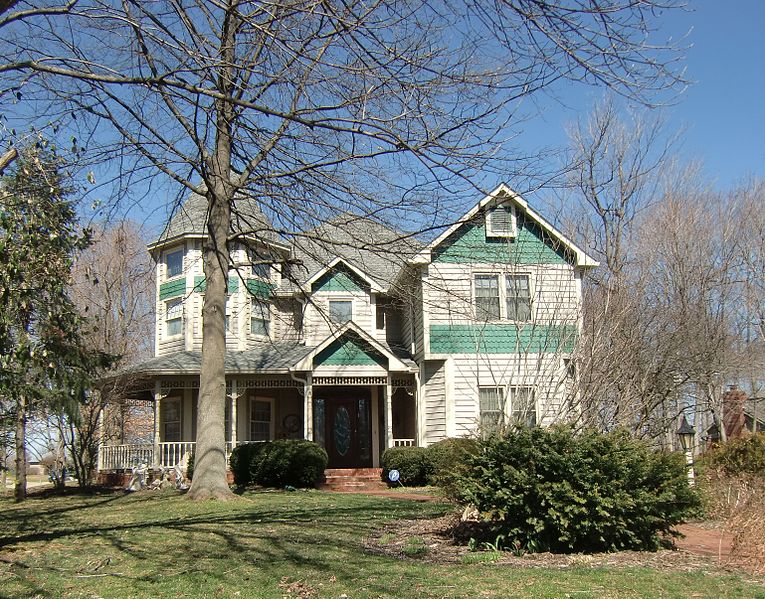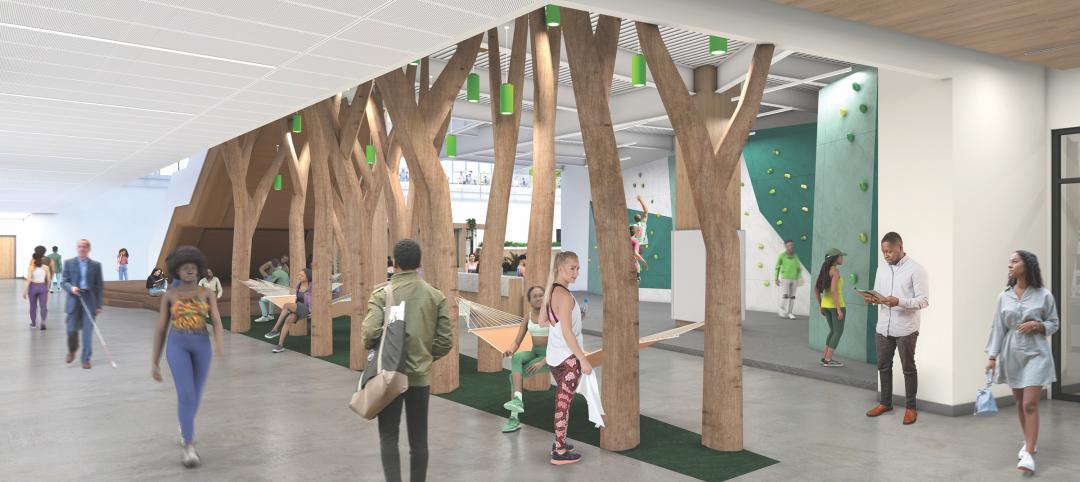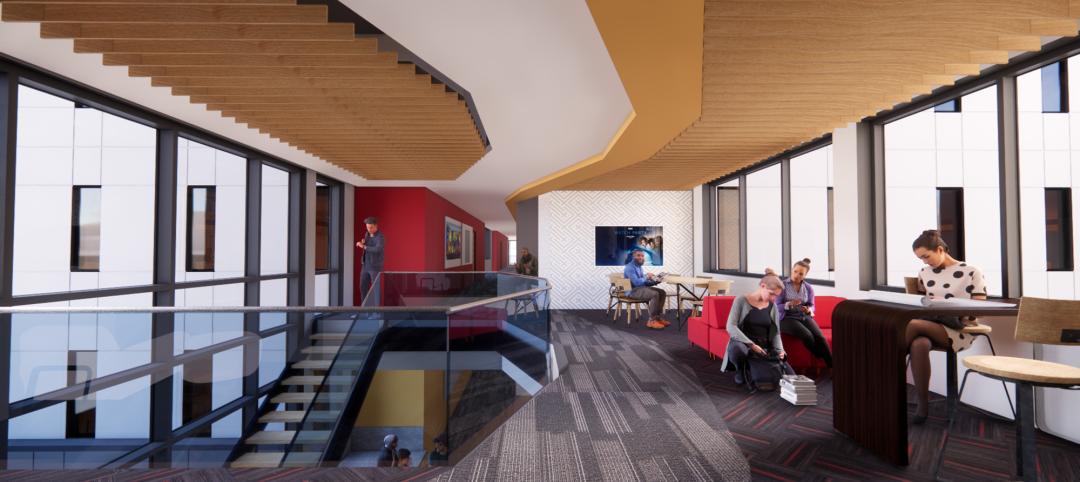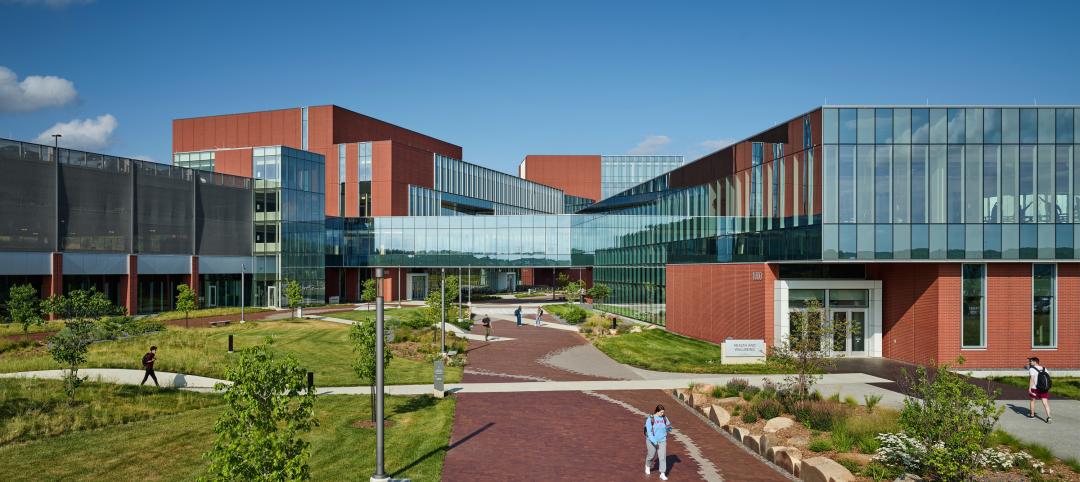The U.S. housing recovery should regain its footing, but also faces a number of challenges, concludes The State of the Nation’s Housing report released by the Joint Center for Housing Studies of Harvard University. Tight credit, still elevated unemployment, and mounting student loan debt among young Americans are moderating growth and keeping millennials and other first-time homebuyers out of the market.
“The housing recovery is following the path of the broader economy,” says Chris Herbert, research director at the Joint Center for Housing Studies. “As long as the economy remains on the path of slow, but steady improvement, housing should follow suit.”
Although the housing industry saw notable increases in construction, home prices, and sales in 2013, household growth has yet to fully recover from the effects of the recession. Young Americans, saddled with higher-than-ever student loan debt and falling incomes, continue to live with their parents. Indeed, some 2.1 million more adults in their 20s lived with their parents last year, and student loan balances increased by $114 billion.
Still, given the sheer volume of young adults coming of age, the number of households in their 30s should increase by 2.7 million over the coming decade, which should boost demand for new housing. “Ultimately, the large millennial generation will make their presence felt in the owner-occupied market,” says Daniel McCue, research manager of the Joint Center, “just as they already have in the rental market, where demand is strong, rents are rising, construction is robust, and property values increased by double digits for the fourth consecutive year in 2013.”
One key to realizing the millennials’ potential in the housing market is for the economy to grow to the point where their incomes start to rise. Another important factor is how potential GSE reform will affect the cost and availability of mortgage credit for the next generation of homebuyers, which will be the most diverse in the nation’s history. By 2025, minorities will make up 36 percent of all US households and 46 percent of those aged 25–34, thus accounting for nearly half of the typical first-time homebuyer market.
The report, as well as an interactive map released by the Joint Center, also highlights the ongoing affordability challenge facing the country, as cost burdens remain near record levels and over 35 percent of Americans spend more than 30 percent of their income for housing. The situation is particularly grim for renters, where 50 percent are cost burdened and 28 percent are severely cost burdened (meaning they spend over half of their income for housing).
“When available, federal rental subsidies make a significant difference in the quality of life for those struggling the most,” says Herbert. “Between 2007 and 2011, the number of Americans eligible for assistance rose by 3.3 million, while the number of assisted housing units was essentially unchanged. Sequestration forced further cuts in housing assistance, which have yet to be reversed.”
Related Stories
Construction Costs | Oct 16, 2024
Construction Crane Index: Most major markets’ crane counts increase or hold steady in third quarter
Rider Levett Bucknall’s (RLB’s) latest Crane Index and Quarterly Cost Report shows continued decreasing cost inflation and crane counts increasing or holding steady in 10 of the 14 major markets it surveyed. The national average increase in construction costs was 1.07%, the lowest it’s been in the last three years.
AEC Tech | Oct 16, 2024
How AI can augment the design visualization process
Blog author Tim Beecken, AIA, uses the design of an airport as a case-study for AI’s potential in design visualizations.
University Buildings | Oct 15, 2024
Recreation and wellness are bedfellows in new campus student centers
Student demands for amenities and services that address their emotional and mental wellbeing are impacting new development on college campuses that has led to recreation centers with wellness portfolios.
Higher Education | Oct 14, 2024
Higher education design for the first-gen college student
In this Design Collaborative blog, Yogen Solanki, Assoc. AIA, shares how architecture and design can help higher education institutions address some of the challenges faced by first-generation students.
Performing Arts Centers | Oct 10, 2024
Studio Gang's performing arts center for Hudson Valley Shakespeare breaks ground
A new permanent home for Hudson Valley Shakespeare, a professional non-profit theater company, recently broke ground in Garrison, N.Y. The Samuel H. Scripps Theater Center includes a 14,850 sf performance venue that will serve as a permanent home for the theater company known for its sweeping open-air productions of classics and new works.
Sustainable Design and Construction | Oct 10, 2024
Northglenn, a Denver suburb, opens a net zero, all-electric city hall with a mass timber structure
Northglenn, Colo., a Denver suburb, has opened the new Northglenn City Hall—a net zero, fully electric building with a mass timber structure. The 32,600-sf, $33.7 million building houses 60 city staffers. Designed by Anderson Mason Dale Architects, Northglenn City Hall is set to become the first municipal building in Colorado, and one of the first in the country, to achieve the Core certification: a green building rating system overseen by the International Living Future Institute.
3D Printing | Oct 9, 2024
3D-printed construction milestones take shape in Tennessee and Texas
Two notable 3D-printed projects mark milestones in the new construction technique of “printing” structures with specialized concrete. In Athens, Tennessee, Walmart hired Alquist 3D to build a 20-foot-high store expansion, one of the largest freestanding 3D-printed commercial concrete structures in the U.S. In Marfa, Texas, the world’s first 3D-printed hotel is under construction at an existing hotel and campground site.
University Buildings | Oct 9, 2024
Des Moines University Medicine and Health Sciences opens a new 88-acre campus
Des Moines University Medicine and Health Sciences has opened a new campus spanning 88 acres, over three times larger than its previous location. Designed by RDG Planning & Design and built by Turner Construction, the $260 million campus features technology-rich, flexible educational spaces that promote innovative teaching methods, expand research activity, and enhance clinical services. The campus includes four buildings connected with elevated pathways and totaling 382,000 sf.
Student Housing | Oct 9, 2024
University of Maryland begins work on $148 million graduate student housing development
The University of Maryland, in partnership with Campus Apartments and Mosaic Development Partners, has broken ground on a $148.75 million graduate student housing project on the university’s flagship College Park campus. The project will add 741 beds in 465 fully furnished apartments.
Healthcare Facilities | Oct 9, 2024
How healthcare operations inform design
Amanda Fisher, Communications Specialist, shares how BWBR's personalized approach and specialized experience can make a meaningful impact to healthcare facilities.

















